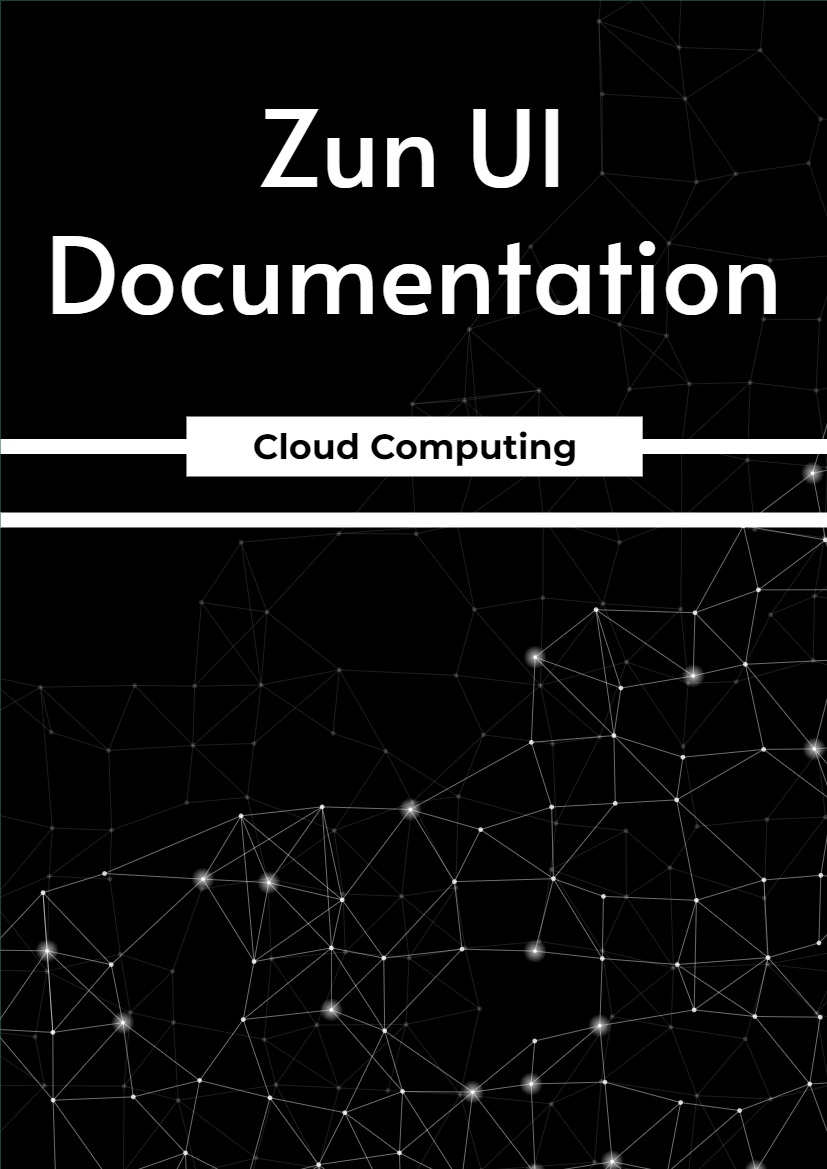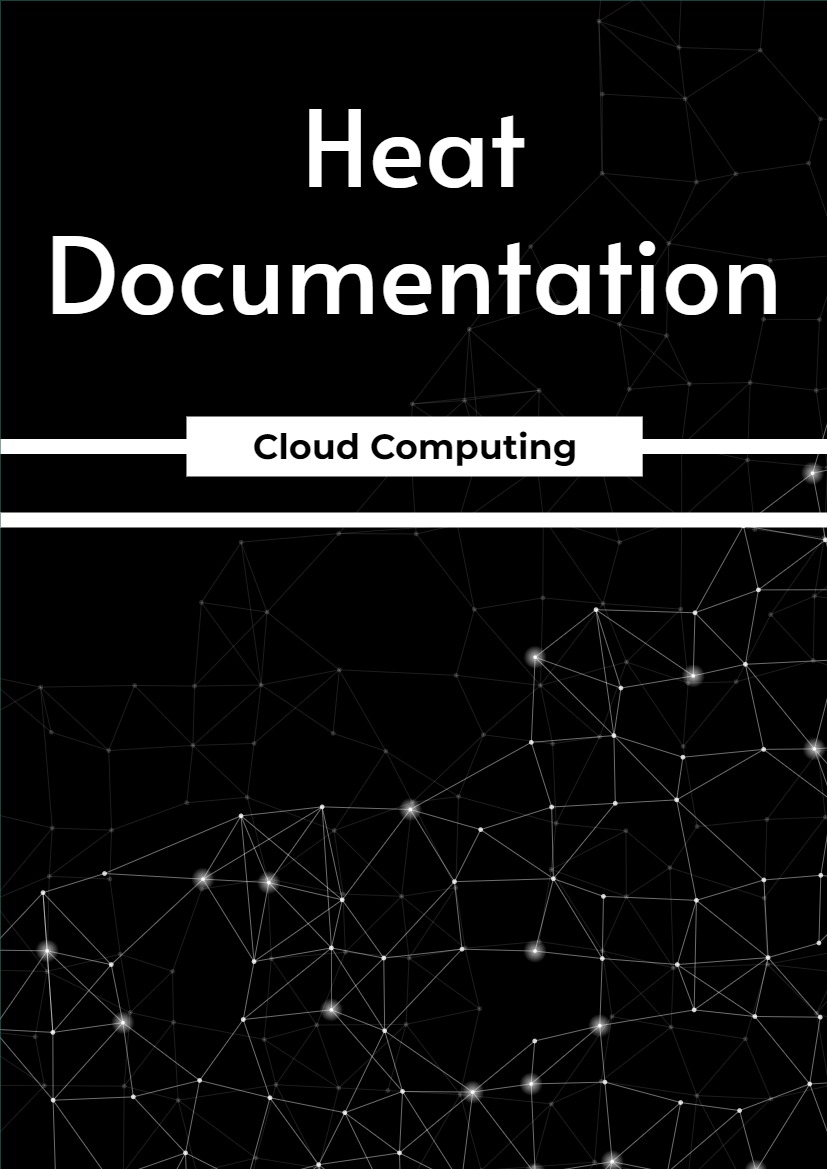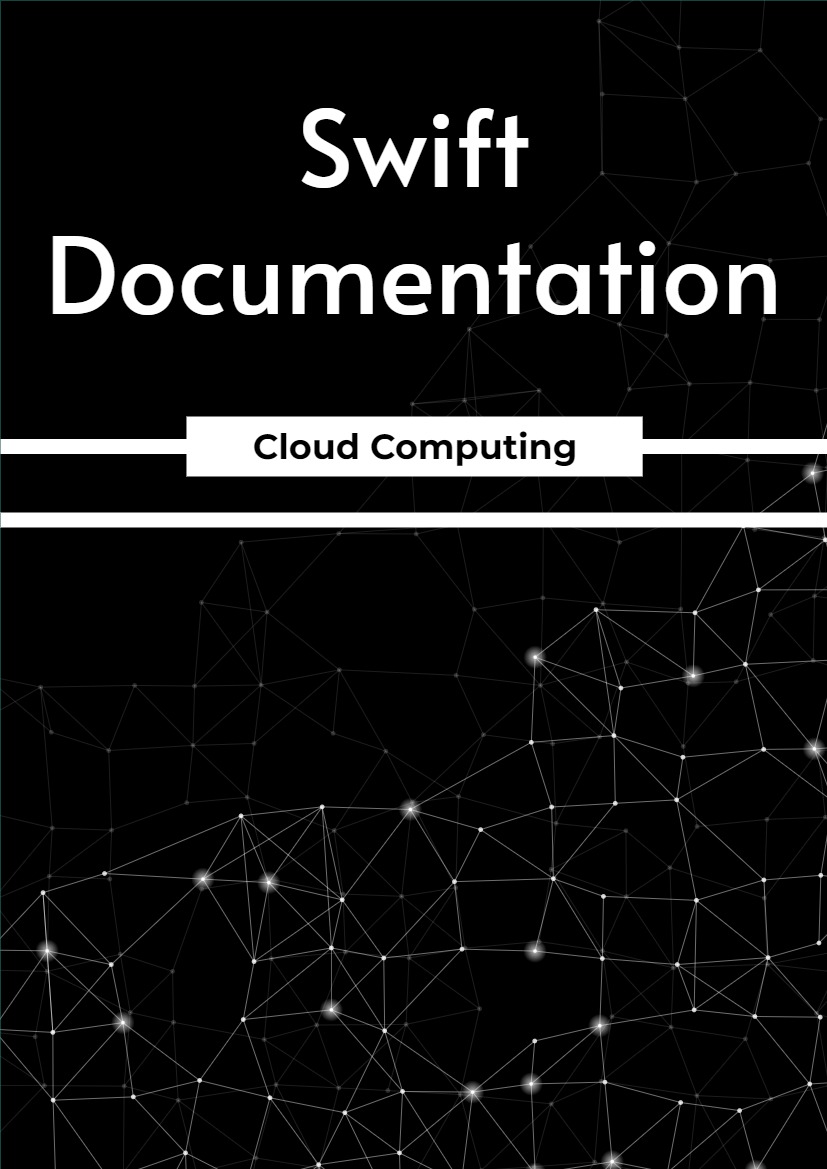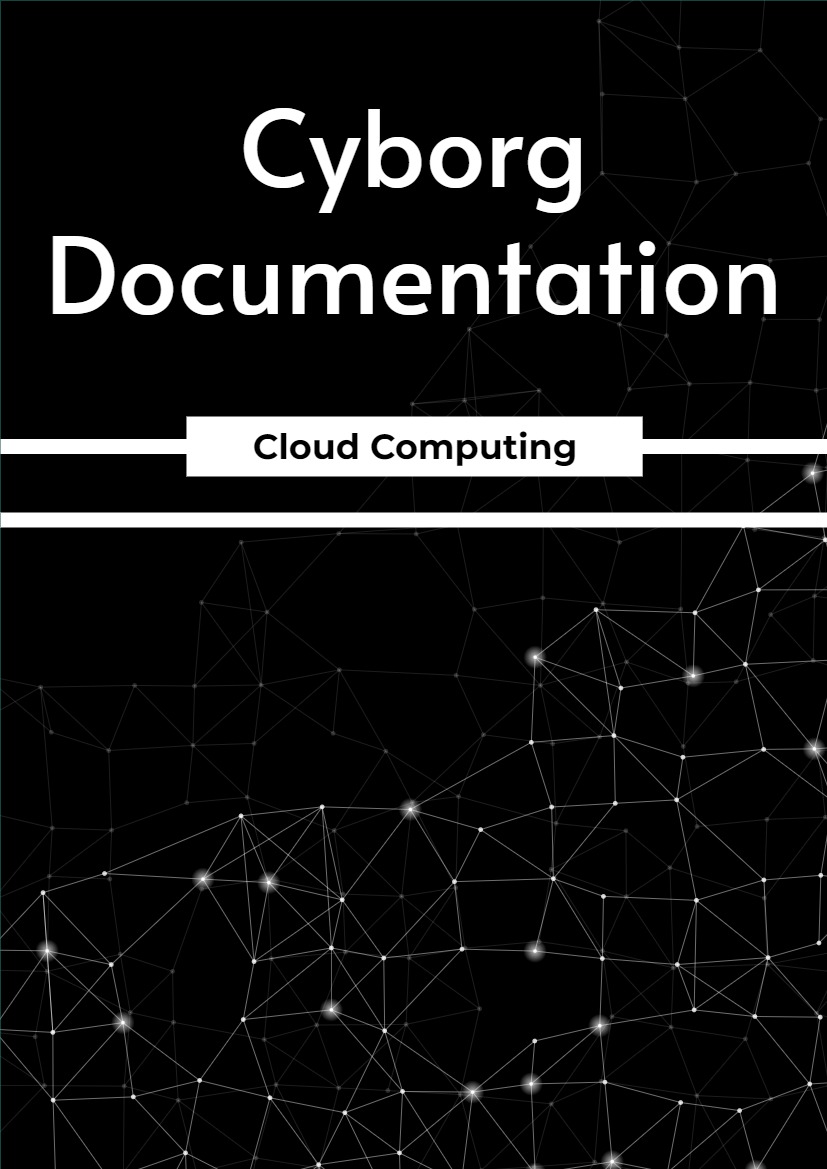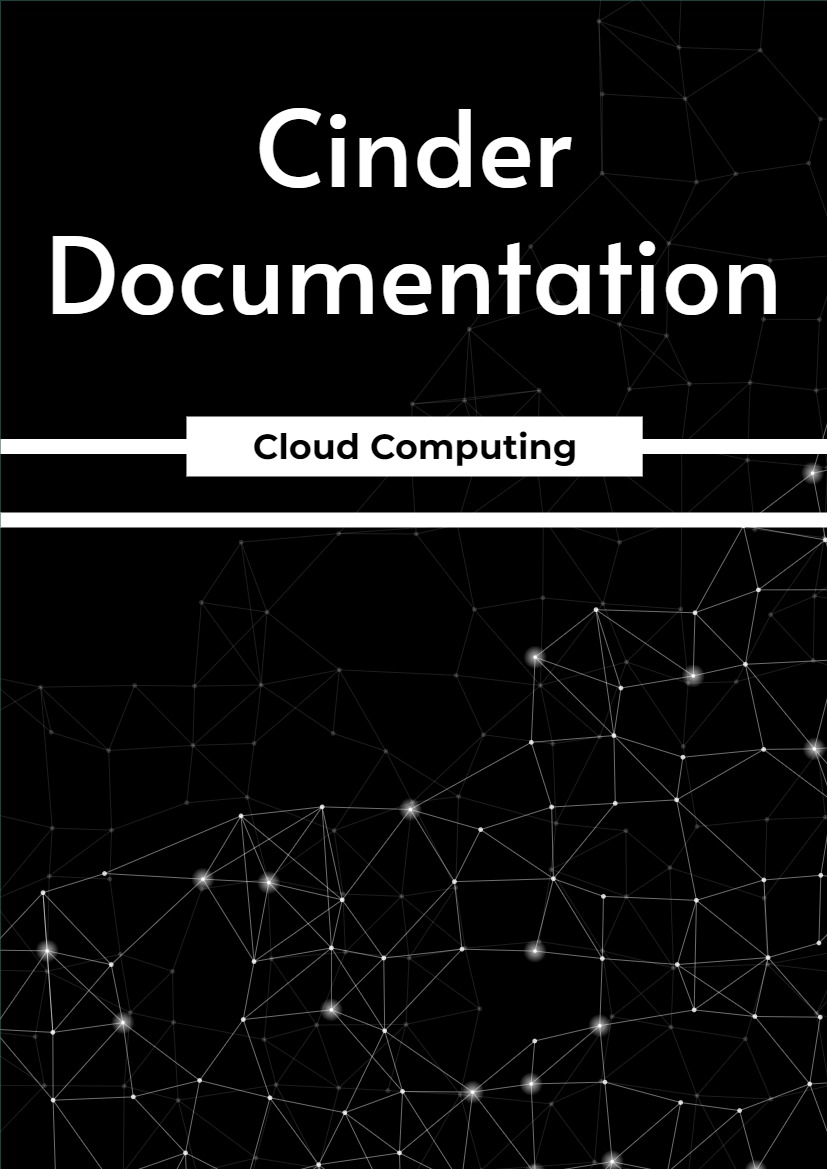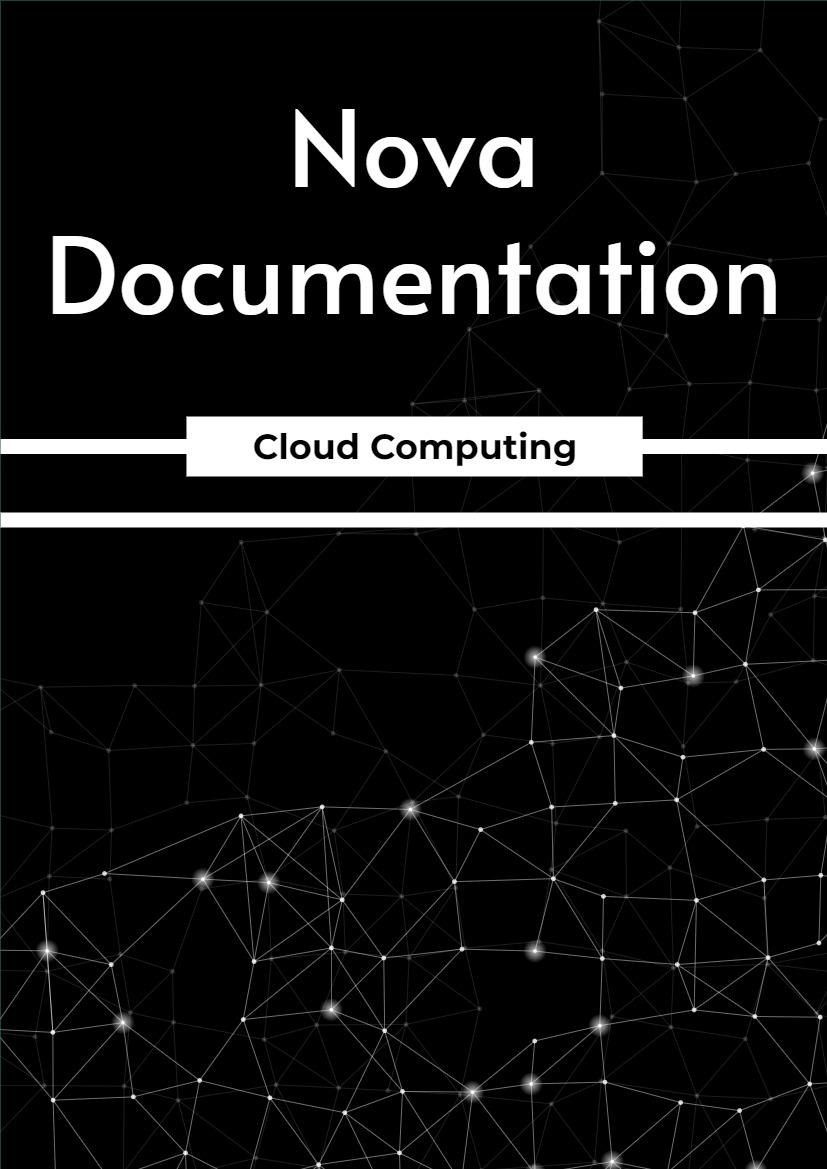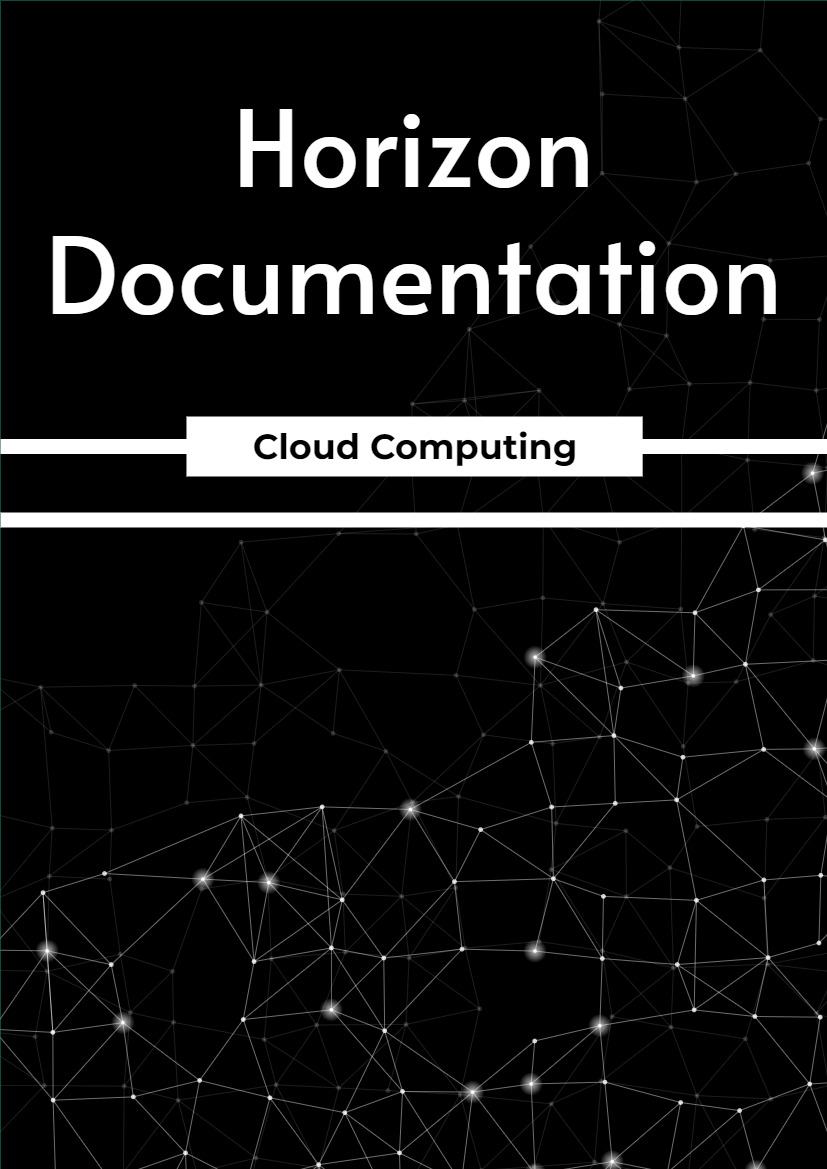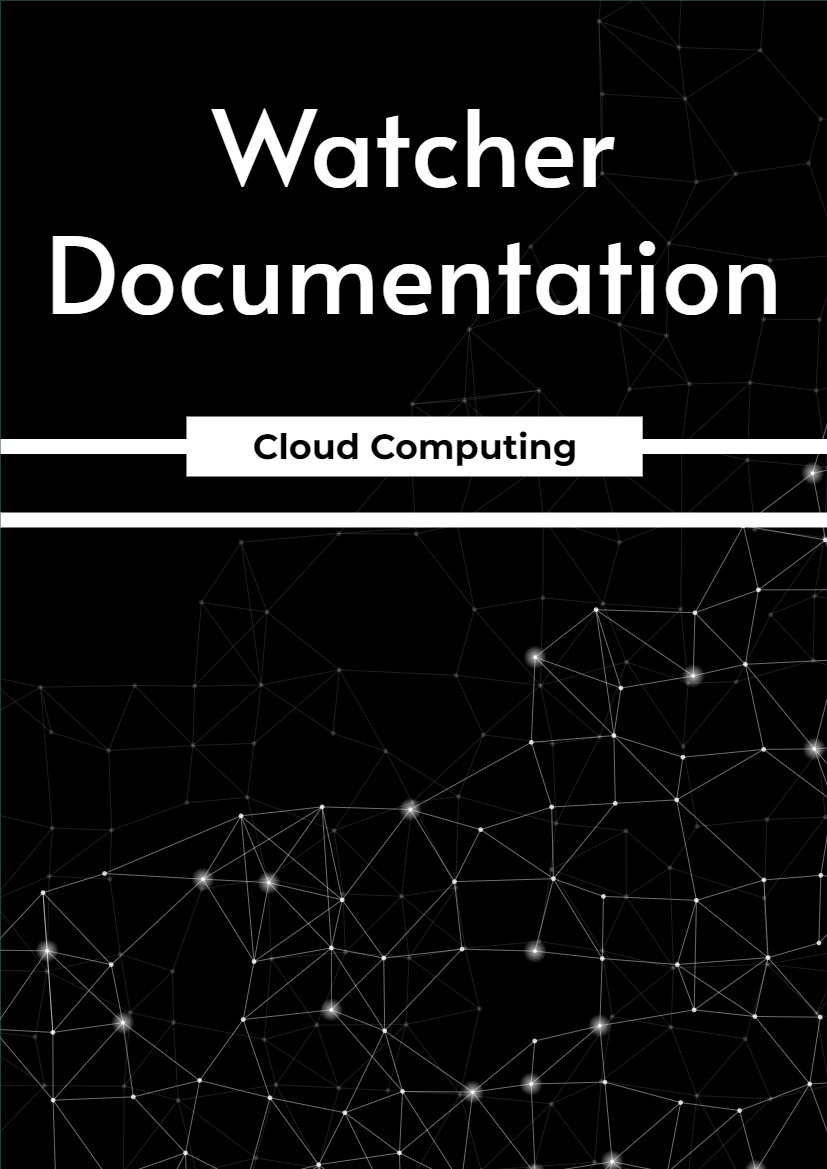Chapter One – User Documentation
1.1 Installation
1.1.1 Manual Installation
Install Horizon according to Horizon documentation.
Note: If your Horizon was installed by python3, Zun UI needs to be installed by python3 as well. For example, replace pip with pip3 and replace python with python3 for commands below.
Clone Zun UI from git repository, checkout branch same as Horizon and Zun, and install it: git clone https://github.com/openstack/zun-ui cd zun-ui git checkout <branch which you want> pip install .
Enable Zun UI in your Horizon: cp zun_ui/enabled/* <path to your horizon>/openstack_dashboard/local/enabled/
Run collectstatic command: python <path to your horizon>/manage.py collectstatic
Compress static files (if enabled): python <path to your horizon>/manage.py compress
Then restart your Horizon. After restart your Horizon, reload dashboard forcely using [Ctrl + F5] or etc. in your browser.
1.1.2 Enabling in DevStack
Add this repo as an external repository into your local.conf file: [[local|localrc]] enable_plugin zun-ui https://github.com/openstack/zun-ui
1.2 Configuration
1.2.1 Image for Cloud Shell
The image for Cloud Shell is set as gbraad/openstack-client:alpine by default. If you want to use other image, edit CLOUD_SHELL_IMAGE variable in file _0330_cloud_shell_settings.py.sample, and copy it to horizon/openstack_dashboard/local/local_settings.d/_0330_cloud_shell_settings.py, and restart Hori- zon.
1.2.2 For more configurations
See Configuration Guide in the Horizon documentation.
